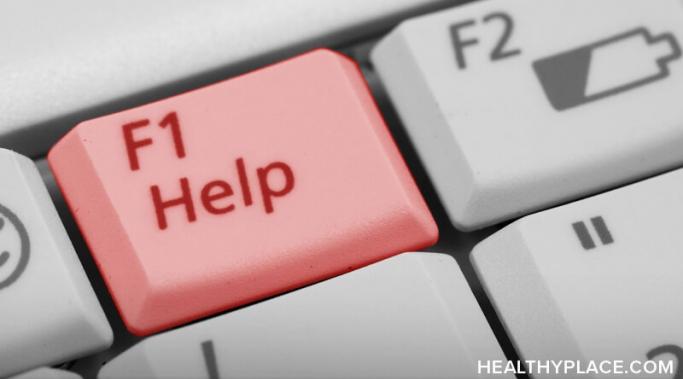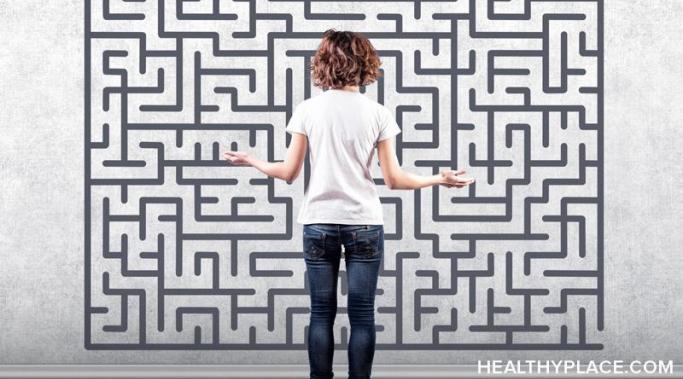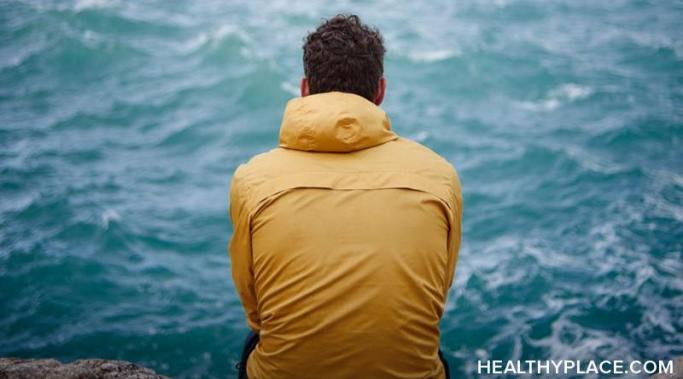Blogs
Navigating verbal abuse is never ideal. This toxic behavior can alter how a person sees and trusts others and interacts in relationships. The amount of exposure to verbal abuse can drastically change a person's view or attitude toward themselves and others. This situation is one I'm familiar with since I can see now that verbal abuse has changed me.
I've learned that it's difficult to fight self-doubt when you are often anxious. Unfortunately, naturally, anxiety and self-doubt go hand in hand. Because of this, my anxiety can affect my decision-making. In other words, when trying to make a choice, I often doubt myself and my ability to make a good decision.
When I spent three months in residential treatment back in 2010, the clinicians would frequently encourage the other patients and me to communicate and honor our needs. This practice was meant to teach us how to separate our own inner voices from the control and influence of an eating disorder. As well-intentioned as these clinicians were, however, I remember asking myself: "How can I learn to express my needs if I'm not sure what they are?"
One of the best pieces of advice I've ever received was to stop trusting my emotions, which means, don't trust my gut. I had gone to see an acupuncturist with a strained back and an abundance of curiosity. He palpated my ovaries, eyelids, and the like for a half minute before diagnosing my issue as one of emotional over-indulgence. He stuck a couple of dozen needles in me, left me alone for 20 minutes, and returned with his treatment plan. "You shouldn't trust your gut so much," he suggested and sent me on my way.
One of the hardest things about any mental health condition is that they are unpredictable. The same thing is true at my job. Some days are very difficult because of the anxiety and depression I feel at work. However, several activities make it easier to get through my shifts. Here are six strategies that help me overcome anxiety and depression during my job.
As soon as puberty kicks in, many of us lose self-esteem. Many physical, emotional, and psychological changes begin to take shape during this time, leaving us confused and extremely sensitive. As our bodies change, so does our self-esteem, leaving us vulnerable. Even fully understanding that this is a perfectly normal part of life that everyone goes through didn’t make it any easier for me. Puberty was a time in my life I think back to and wonder whether anyone handles it any better than I did.
I talk about eating disorder recovery all the time. You might call them healing conversations. I unpack the layers and nuances of it with my therapist. I excitedly share these revelations with my partner once the session is over. I journal about what I'm learning in the process. Then I pass on those lessons to the younger women I mentor, who deal with similar experiences of their own.
Every hello ends in a goodbye, but every ending is also the beginning of something new. This will be my last post for "Speaking Out About Self-Injury." What will life be like after writing for this blog?
If your childhood included kids teasing you, an adult might have explained that they teased you because they liked you. I'm not sure when affectionate teasing and verbal abuse evolved into a well-known sign that someone likes you, but it should stop.
The transgender experience can be lonely. When I first began hormone replacement therapy, my doctor asked me if I had a good support system. I lied and said I did because I didn't have the time or energy to join a support group and didn't want to cause worry. Now, I think about all the hands that have reached out to me in the past that I brushed off. I believe loneliness was caused by my self-imposed social isolation.










Also, abuse is wrong, and in order for it to be abuse means there is automatically someone on the receiving end who doesn’t deserve it, which is what is called a victim. In actuality, you can be both a victim AND a survivor AT THE SAME TIME.
I am interested in a lot of the topics available on this site, but this article honestly makes me question how ignorant and untruthful/misrepresenting other articles on this site might be. This article betrays credibility for the site as a whole. Might want to consider that. Especially with both disability AND domestic violence being on the rise…this article is only going to get more and more negative feedback over time.